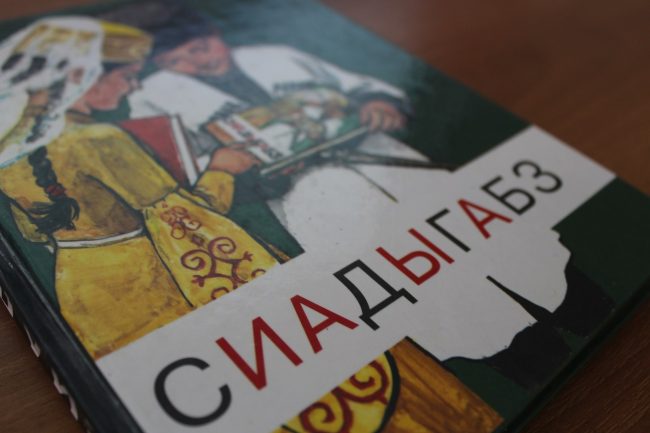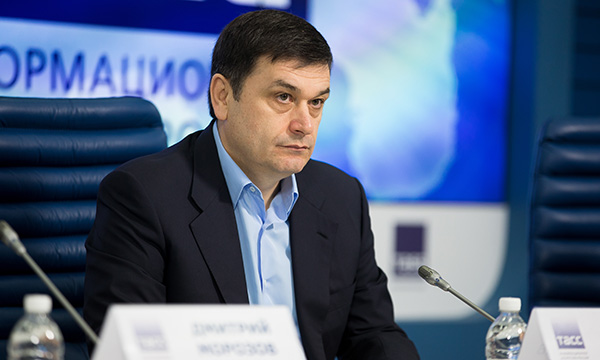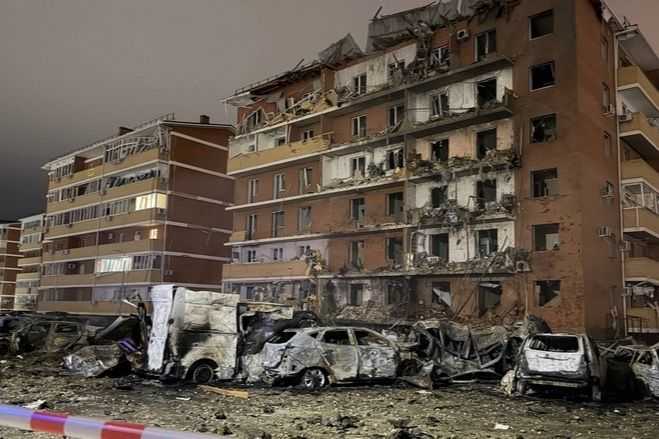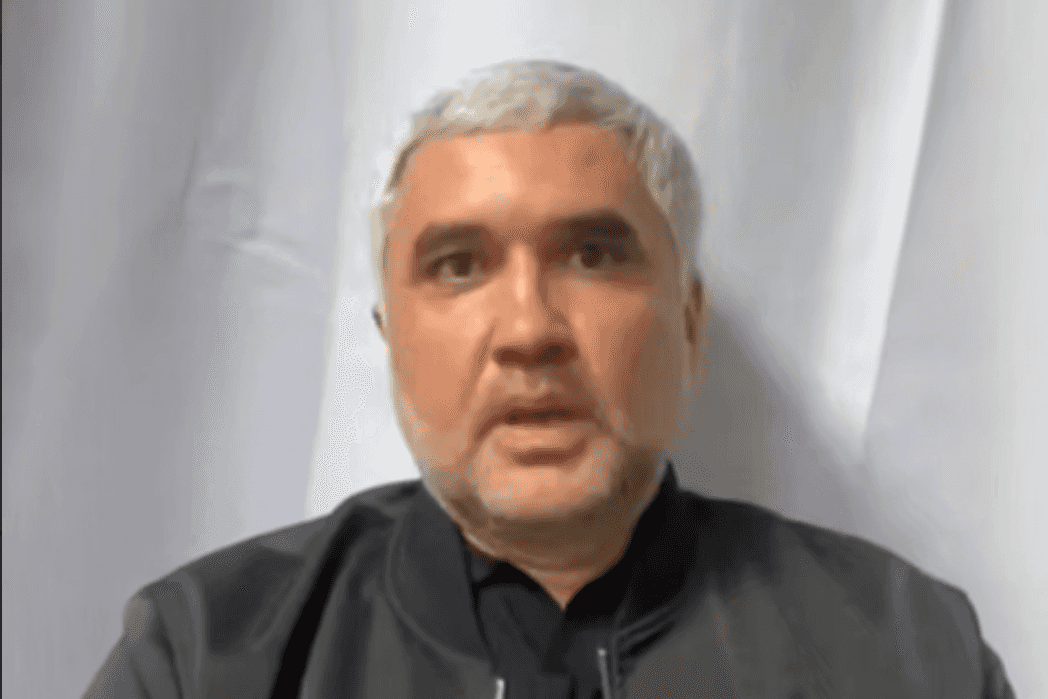


Activists in Kabardino-Balkaria have called for the resignation of all four of the republic’s MPs in the Russian Duma, the lower house, after they voted in favour of controversial education reforms, according to Caucasian Knot. The reform concerned amendments to the federal law on Education, which could reduce the time dedicated to the study of indigenous languages in schools.
The law passed its first of three readings in the Duma on 19 June.
More than 200 scientists, educators, and public figures met at the North Caucasus Academy of Management on 26 June and voted unanimously in favour of a resolution demanding the resignation of Kabardino-Balkaria’s representatives in the Duma.
Muayed Chechenov, Deputy Chairman of the Coordinating Council of Adyghe Public Associations, was quoted by Caucasian Knot as saying during the meeting that the amendments contribute to the ‘project of ethnocide of the indigenous, non-Russian peoples of the Russian Federation’. He said that Kabardino-Balkaria’s representatives should have raised this concern during the discussion.
[Read from oDR: How Russian state pressure on regional languages is sparking civic activism in the North Caucasus]
‘Virtually all sections of Kabardino-Balkaria united’
One participant at the meeting, Madina Khakusheva, a Doctor of Philology at the Russian Academy of Sciences, told OC Media the proposed amendments were ‘unconstitutional’, and that she believes their rejection is the only the proper decision.
‘If the amendments are adopted, it will be proof of the complete sacrilege of the roles of the representatives from Kabardino-Balkaria. In this case, of course, we can insist on their resignation’, she added.
The head of the Kabardino-Balkaria Human Rights Centre, Valery Khatazhukov, told OC Media that activists in the republic have repeatedly asserted that the amendments are unconstitutional. They called for their removal from deliberation in the Duma, but to no avail.
‘The language problem has united virtually all sections of the population of Kabardino-Balkaria’, said Khatazhukov. In his opinion, ‘if the authorities ignore the will of citizens in the national subjects of the Russian Federation, then the youth living there, in attempts to express their indignation, can go to extremes’.
Khatazhukov said he expects that after the second reading on 18–20 July, the number of hours allocated for indigenous languages will be reduced further to only one hour per week.
Senator Arsen Kanokov who represents Kabardino-Balkaria in the senate has said he opposes the adoption of these amendments. He wrote on Facebook that the initiative could undermine trust in the authorities.
‘We defended compulsory study of the native language!’
Adalbi Shkhagoshev, one of the MPs representing Kabardino-Balkaria from the ruling United Russia Party, defended the law, according to Instagram page Portal KBR.

‘The original text of the draft law presupposed the voluntary study of native languages. We […] categorically could not agree with this formulation’, Portal KBR quoted him as saying.
He said a working group was created before the first reading, of which he was a member, to improve the draft. ‘We defended the compulsory study of the native language! The results of the working group are reflected in the Resolution of the State Duma’, he said.
According to Shkhagoshev, the text of the bill for the second reading will be radically changed in accordance with this resolution. He said he was surprised by the fact that this resolution was not reported in the media.R3) The choice of language is made by parents; 4) The Foundation for the Support of the Native Language will be established’
Shkhagoshev said the purpose of creating the foundation is to raise the status of native languages, to improve the quality of their teaching, and to increase material support for linguists and teachers.
The amendments to the law ‘On Education’ were supported by 373 deputies in the Duma; 19 deputies from the republics of the North Caucasus Federal District voted for the bill, and 7 did not take part in the voting.









